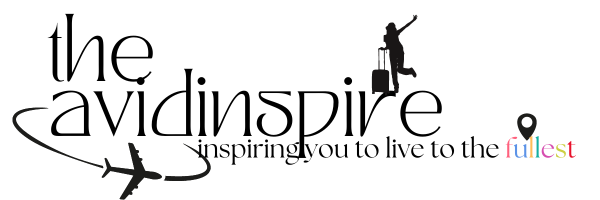In the first part of this article, we looked at what content writing is and the types of content writing we have.
In this second part, we will see what it takes to write great content and the process it takes to write one.
If you have a particular thing in mind you will like to know about, select from the table of content below or read the whole article.
The Process of Content Writing

Outlining: Outlining is one of the first stages of a writing process where the writer lists or outlines their ideas into chapters, headings, or paragraphs, so they can be later developed into a complete sentence.
Outlining helps you get down your ideas faster by using bullet points or numbers to list them. It is important because with an outline you don’t have to write the whole content down but when you’re ready to write it, you will know what to write.
It is like a summary of the full paragraph or sentence.
Researching: According to Wikipedia, research is the collection, organization, and analysis of information to increase understanding of a topic or issue.
One thing I always tell clients when I’m hired to work on a topic or subject I’ve never done before is, “If I can research it, I can write it,” and this is the truth about writing.
Research is the bedrock of great content. A writer that knows how to research good content can write even better content.
Through research, you will learn new things about what you plan to write about and this will help you to write unique and original content.
Writing: This is when the actual writing takes place. You have outlined what you plan to write, you have done enough research about it. And now, it is time to put your thoughts and research into writing. It is time to turn your outline into longer paragraphs and sentences.
One thing you must know as a writer about this section is that it doesn’t matter how perfect you write or how good you write because this is just your first draft.
So, write without editing, deleting, or adding. Just write.
And also ensure you write original content; this means content that is not plagiarized.
There are tools you can use to check if your content is plagiarized before sending them out.
Tools like Grammarly (for Grammarly, you can get a Chrome extension for your desktop, or you can install the app and use it on Microsoft word and even on your phone) or Plagiarism Detector
Editing: This is the second part of writing. In an article I wrote about editing, I explained that every writer should be an editor or at least, have basic editing skills.
This is an important skill for a writer that aspires to create great and unique content.
After drafting your content, close the document or do something else for a while. If you have the time, take a day or two days break before going back to the content.
When you’re ready to edit, you will see the writing in a new light, you will see your mistakes clearly and be able to correct them.
While editing content, watch out for transitional words or phrases (they carry the reader along).
Words or phrases like so, also, however, then, or ‘let’s see the next sentence,’ etc.
Also, watch out for how simple and readable your sentences are. Can a young person with basic reading skills grasp the information you’re trying to pass?
These are things to look out for.
Also, ensure you have a lot of white spaces and line spacing in your content. You can check this article to learn more about this.
Lastly, edit with the reader or audience in mind. Keep your writing clear, simple, educative, informative, and creative.
Reviewing: This is the last section before publishing or submitting (whatever the case may be).
In this section, review all that you’ve written.
Look through and ensure it is ready to be published. You can also check for plagiarism at this stage if you haven’t.
Publishing: The most important and last part is publishing or submitting (if you’re writing for a client or for school).
This is the part where you doubt yourself and your abilities. This is the part where you wonder if you really want another eye to look through what you have written.
The only answer and solution I have for you is: “You will never know what people think unless you put your writing out there and most times they always love it.”
So don’t put pressure on yourself.
Also, when you want to publish content especially for blog articles, ensure to use headings and images to spice up your post.
You can get to know more about this in this post.
Now we move to the next section which is getting to know who a content writer is:
Who is a Content Writer?

A content writer is anybody who writes content.
Anyone who creates educative, informative, and relevant written content for websites, blogs, businesses, and digital media, is a content writer.
So you ask, “How can I become a content writer?”
Below are simple, easy, and straightforward ways to become a content writer.
How to Become a Content Writer

First, decide and be sure this is really what you want to do. Sometimes you don’t need a big reason to be a writer. It might be a friend’s suggestion like this post my friend wrote about how he ventured into content writing. See post below.
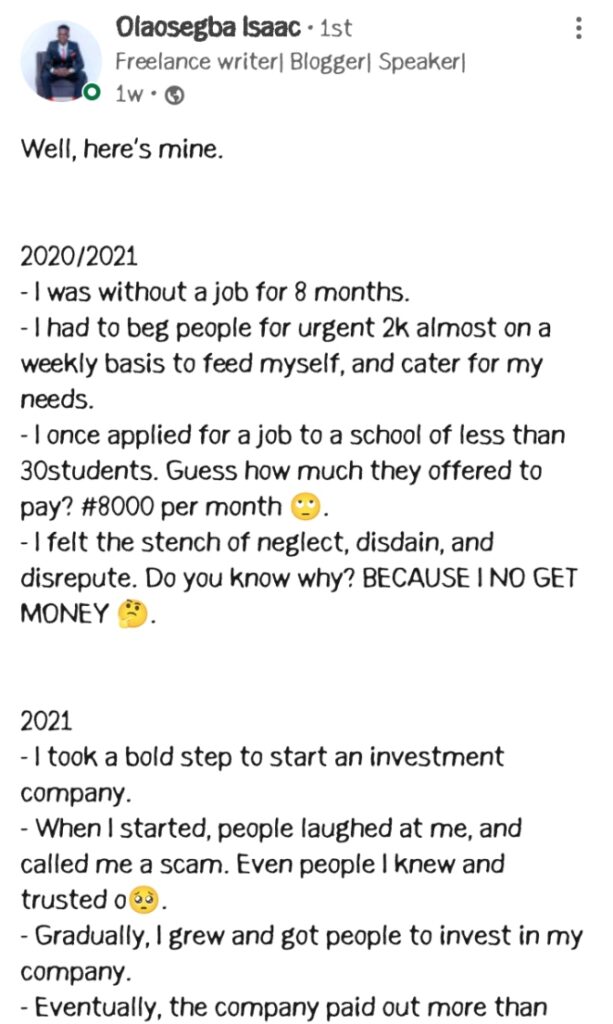
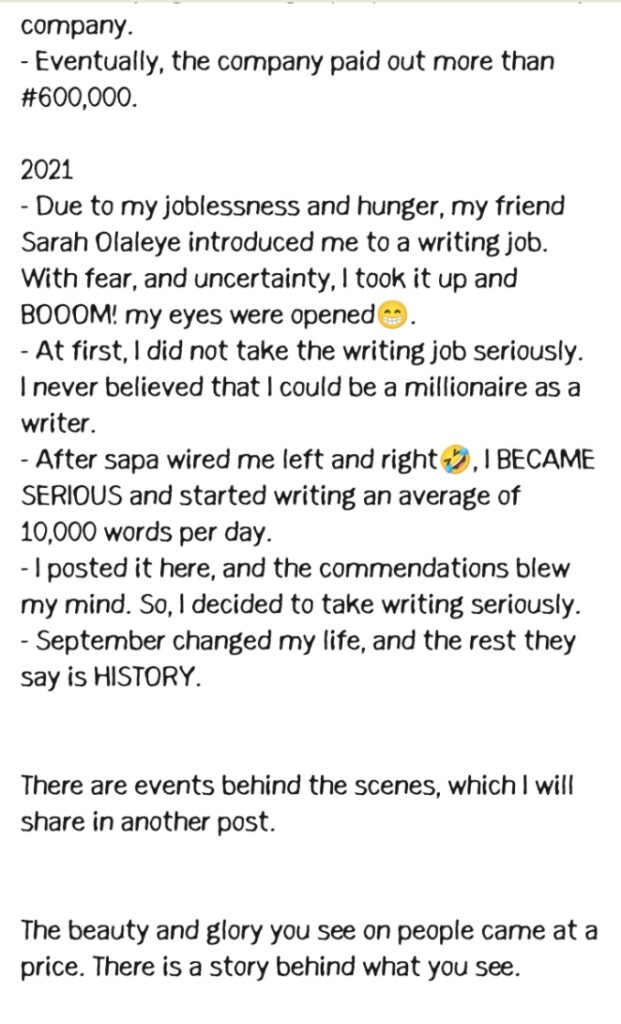
And sometimes it might be what you’ve always wanted to do or what you’re passionate about (like me).
Whatever it is that makes you want to be a writer, ensure it is really what you want to do, then you can do the following things.
Read: There’s an old and common saying that ‘Writers are first readers’ and I can attest to the truth in this statement.
To be a writer, you must first read.
Imagine not being a reader and you need to work on a project you’ve never written before that needs research.
How will you do that if you don’t like reading or if you don’t want to read?
As a writer, you must create time to read. This is what helps you get more creative and become better.
Sometimes while reading other people’s articles, I get new ideas for my own article and I also learn new styles of writing and ideas on how to improve my work.
There are so many advantages to reading as a writer.
Personally, I fell in love with writing because I like reading a lot. Whenever I read a book and really enjoyed it, I start getting ideas on how the book could be better, how the ending could have gone, how the characters could have acted, and before I know it, I start looking forward to writing my own book.
Which I later did in 2017, when I published The Tombstone of Monsters, a fantasy genre novella, on Amazon.
If you need more reasons to be a reader as a writer, check out these 14 reasons every writer should read by Jan Fortune.
Write: To be a writer, you must write. Jeff Goins in his article said, “What separates an amateur from a pro is the habit of writing daily.”
If you want to stand out as a writer, you must form the habit of writing consistently. You can create a blog to share your thoughts, write about your writing journey and process, document your work experience, or just write about life.
You can also journal or write in your diary.
Or share your story on your social media platforms.
The point is to keep writing.
This is the best way to get out of writer’s block. It is also a great way to have tons of articles to show anyone who will like to hire you.
Find your strength: Now that you have decided to write and you’re working on yourself, find your strength.
What do you write best? What are you good at?
The lifestyle niche is broader and easy to pick for a general writer, but if you want to go more specific, you will be looking at choosing a niche in tech, B2B, health, etc.
One way to discover your writing strength is by writing a lot.
When you write on different topics consistently, you will discover what works for you, i.e what you enjoy writing and what you never want to write again.
And lastly, let’s see some key skills every content writer should possess.
Skills Every Content Writers should Possess
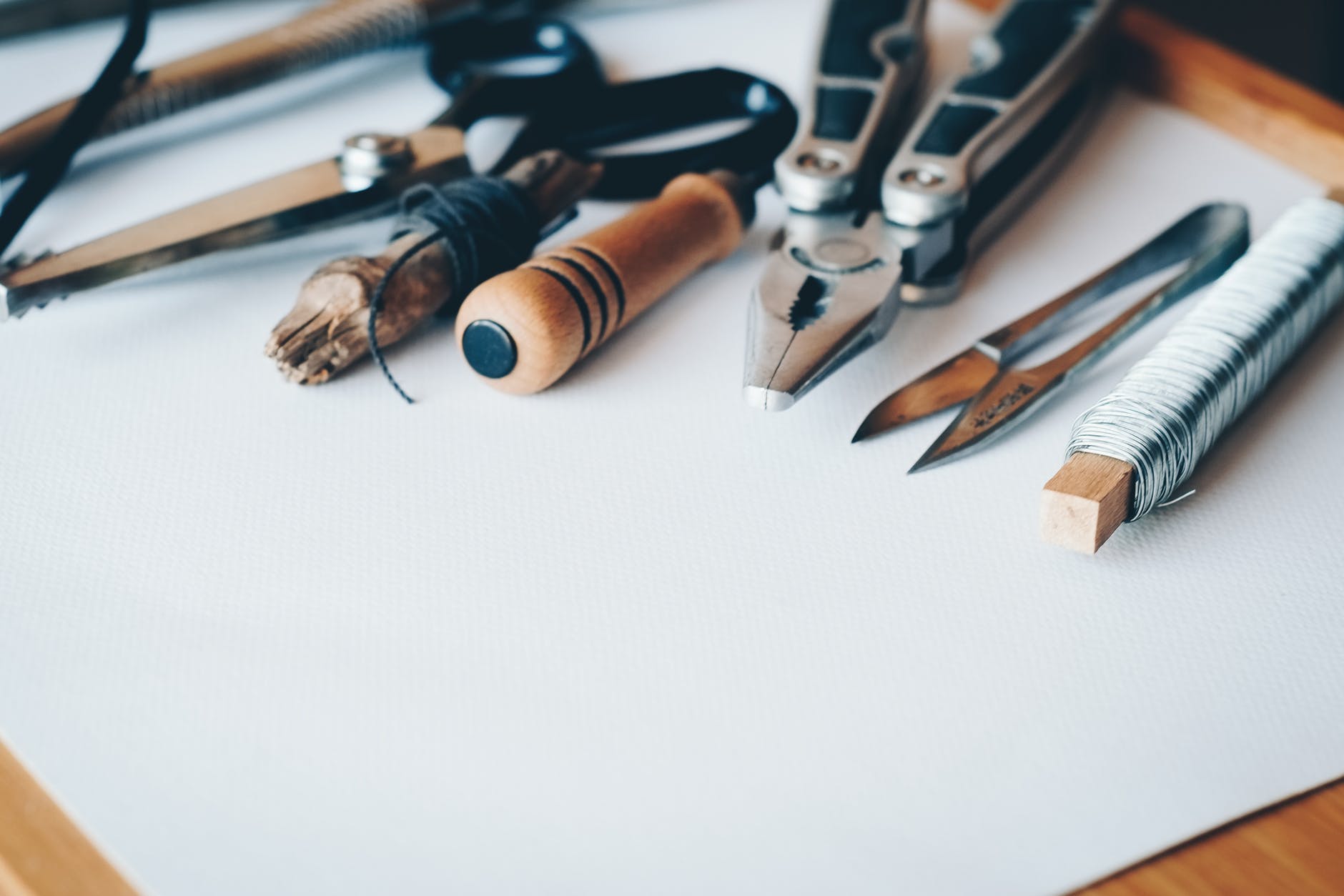
Comprehension: A writer must be able to comprehend easily. To be able to explain certain things to your reader when writing, you need to have a good grasp of the subject yourself. Ensure you understand the topic you’re writing on before you write.
Empathy: This is an important quality of a writer which enables you as a writer to understand the pain of your reader or audience. If you can put yourself in the shoes of your reader, then you will know the right words they need to hear and write it for them.
Effective Communication: To effectively communicate, your writing must be readable.
Readability is an essential skill of a writer. How readable are your words? Your writing must effectively communicate your desired intent to the reader in a simple and clear manner. This is what distinguishes you as a content writer.
Key Takeaway
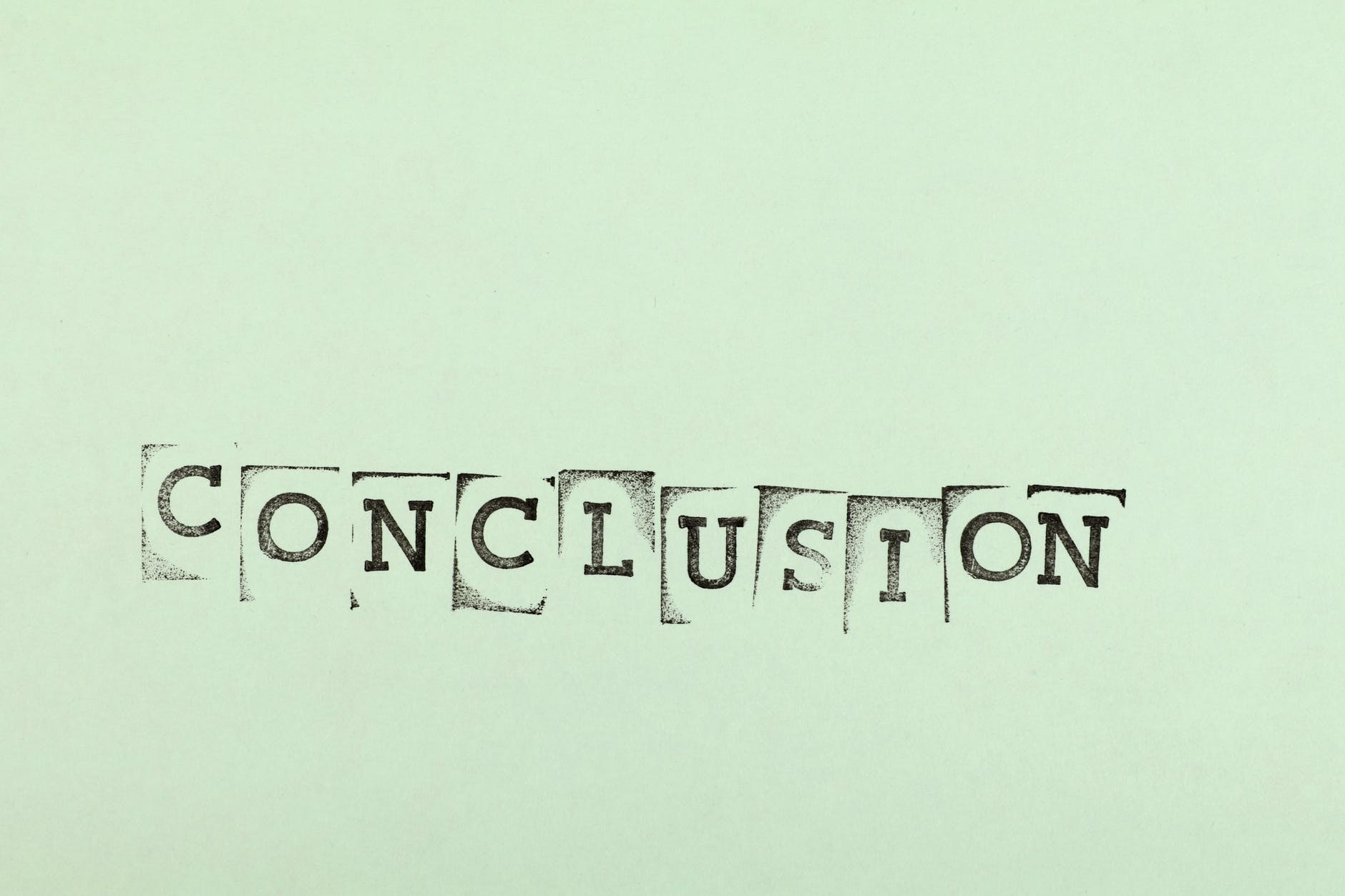
Content writing is both hard work and fun work for anyone who is ready to give all it takes. You will go through strenuous research and binge-writing activities, but you will also learn many new things in the process. There is also the part of earning a lot of money if you know the right actions to take.
Content is the future and you can be a part of it through writing.
I hope you learned from this article. If you will like to see Part 1, check this post.
All You Need to Know About Content Writing + How to Become a Content Writer | Part 1

